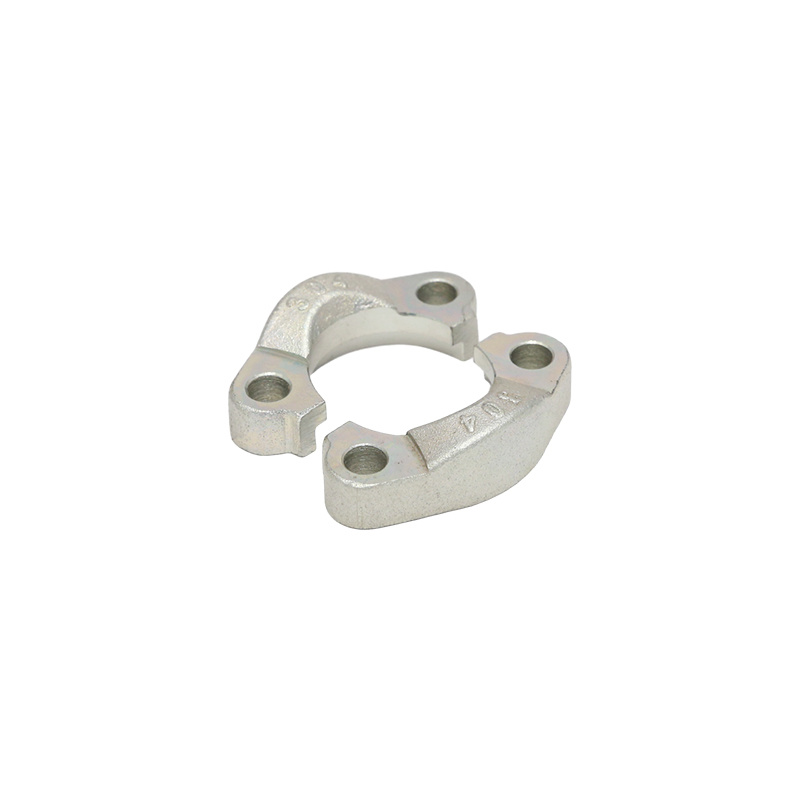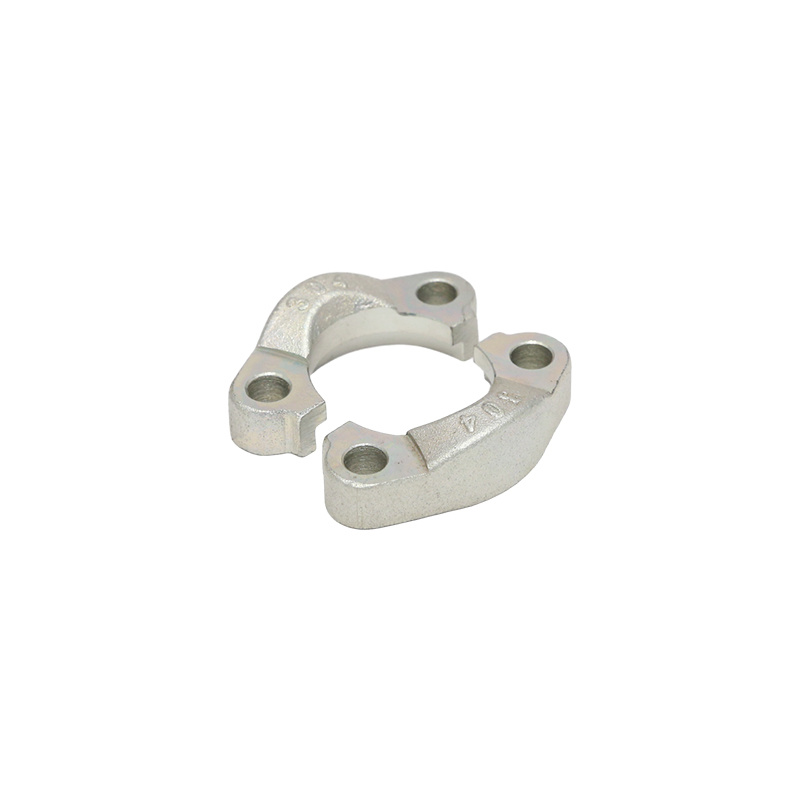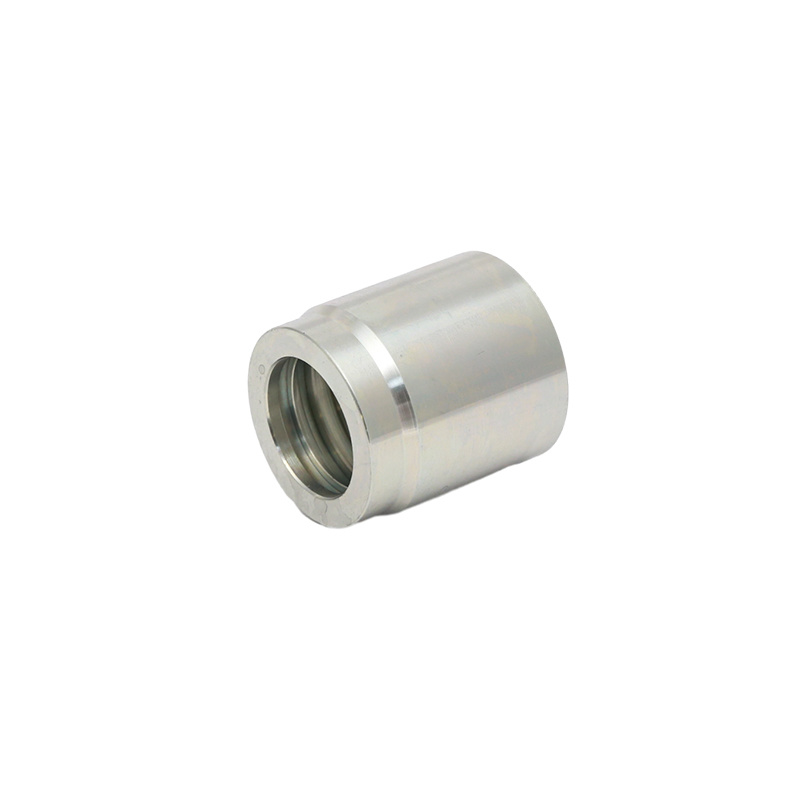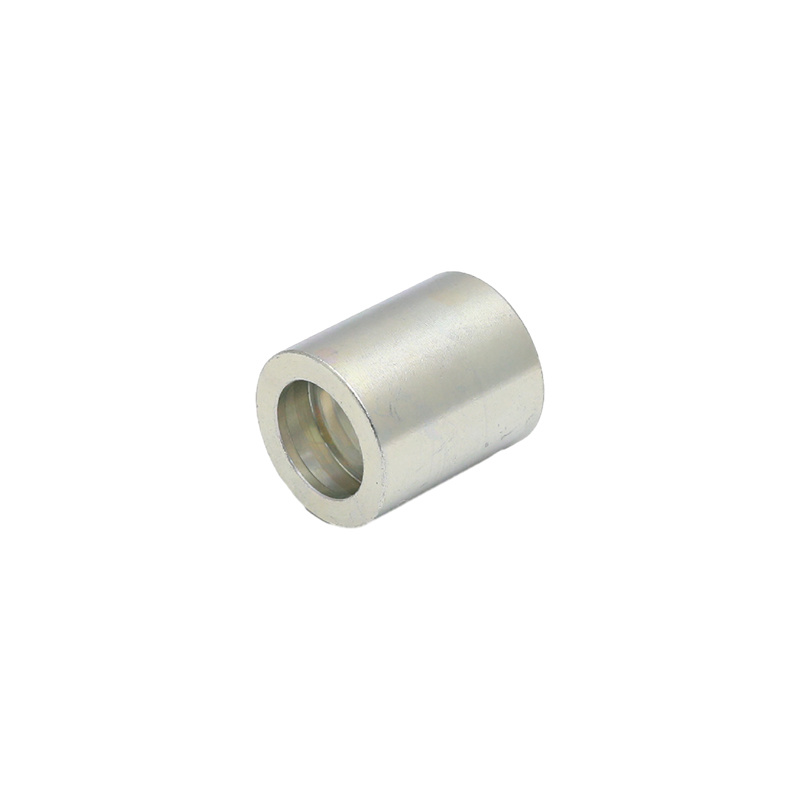Contact Us
Telephone:0576-81715798 81715797
E-mail:tzjingtong@163.com
Address: Puqing Industrial Zone, Damaiyu Street, Yuhuan City, Zhejiang Province
Hose assembly
- Commodity name: Hose assembly
Product Details
Mainly produces carbon steel, stainless steel, hydraulic transition joints, hose joints. It is widely used in various fields such as engineering machinery, railways, ships, wind power, petroleum, metallurgy and mining. The company conducts production and system management through the GB/T19001-2016/1S09001:2015 quality management system. With the company's enterprising and innovative spirit and reliable product quality. The company has also become a large domestic manufacturer of hydraulic pipe joints and hose joints. And has long-term cooperation with well-known domestic construction machinery companies.
The company has always adhered to the concept of "integrity of the world's customers, the pursuit of process quality", in the unremitting pursuit of quality, to create a classic hydraulic connection products, for the development of hydraulic pipe fittings fluid connection control system and unremitting efforts.
Keywords: hardware, accessories, metal
- Product Description
-
The most common cause of hose failure is incorrect piping alignment and assembly.
1. Too loose or too tight tightening is the cause of joint leakage
2. 5% allowance must be left for the straight installed hose
3. Hose twisting 30 ° can reduce the service life of the hose by 90%
4. The friction between the hose and the hose or the body causes the hose to burst
5. The bending radius of the hose is reduced by 20%, which can reduce the life of the hose by 90%
6. High temperature can reduce the pressure bearing capacity of the hose, oil leakage of the joint and shorten the fatigue life.
7. The minimum straight length of the transition between the hose and the hose connector ("D" in the figure) should be equal to or greater than 1.5 times the outer diameter of the hose.Hose assembly installation guidance
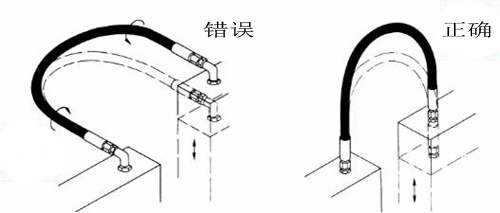
Avoid twisting the hose:
If the hose is twisted during installation, the hose bearing pressure will decrease.
Care should be taken in the design so that the hose will only bend rather than twist when the machine is moved.
Twisted hoses can also loosen the connector connections at the same time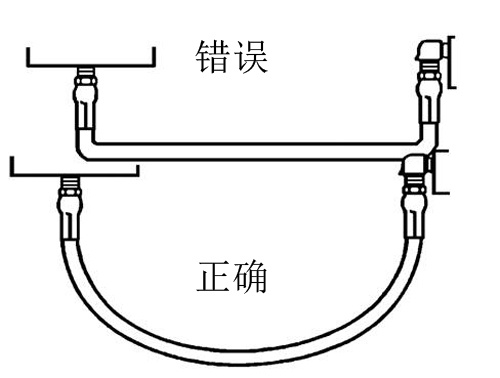
To provide sufficient bend radius:
Can help avoid pipeline damage and flow obstruction
Too small bending radius will greatly reduce the life of the hose assembly

To provide sufficient bend radius:
Can help avoid pipeline damage and flow obstruction
Too small bending radius will greatly reduce the life of the hose assembly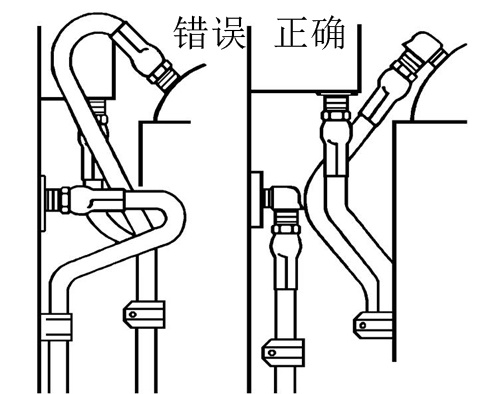
Use elbows and other connections as necessary
Can avoid long hose
Can ensure neat installation, convenient maintenance in the future
5% slack to compensate for hose shrinkage when pressed:
The hose usually has a length change rate of-4% to + 2% during compression.

Use clamps to ensure the positioning of the hoses:
will help reduce wear on the hose and associated structures.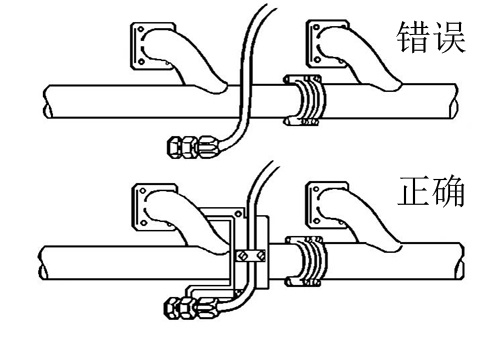
Route hoses:
Avoid or be isolated from hot surfaces and sharp edges
Avoid friction with components
There should be enough free length for bending activities.
Get Quote
Note: Please leave your contact information, our professionals will contact you as soon as possible!



